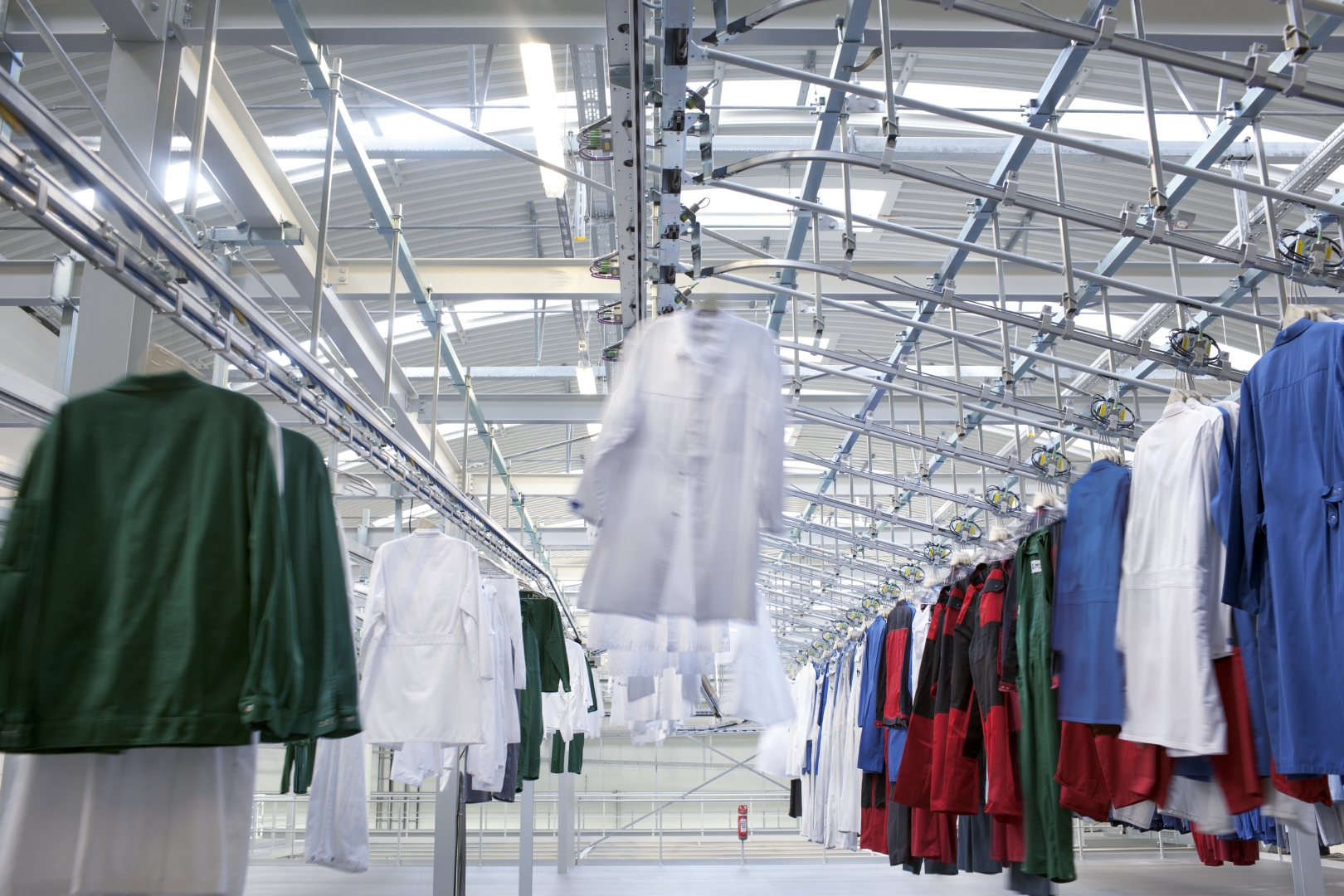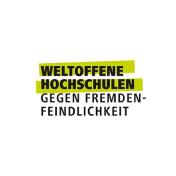To this day, textiles are almost always made from virgin fibres. There is still hardly any circular economy in the textile industry. From fibre to fibre - discarded clothing and other textiles such as bed linen are used as a raw material to produce fibres for new textiles of the same quality. In this way, resources can be conserved and productivity increased. At the end of their life, textiles are often disposed of or thermally utilised. Sometimes they are downcycled into cleaning cloths or insulation materials. The fibres they contain, such as cotton or polyester, are lost. In order to be able to carry out recycling efficiently, textiles that are as identical as possible are required in large quantities.
As part of a feasibility study, the joint project is testing "digital technologies as enablers of a resource-efficient, recyclable textile industry in the business customer segment, i.e. in the business-to-business (B2B) textile industry" (DiTex). This is based on the assessment that enormous volumes of identical textiles are in circulation for workwear and flat linen (bedding, towels) in the commercial context, and that the logistics are well organised and established via fixed distribution and return points in the individual facilities, which is why the participants in this project network consider it particularly possible to combine resource-efficient, ecological use of materials with a cooperative business model that makes smart use of digital technologies in this largely closed B2B textile industry. Industrial partners supply large-scale consumers such as hotels and emergency services and develop suitable textile product lines made from recycled fibres for the DiTex project. Equipped with an intelligent label, the products are being trialled in practice. Information such as quality parameters, specifications and intensity of use are recorded in a database and made available to all those involved in the textile cycle as a digital information flow. The aim of the textile companies is to offer the market-ready and recyclable product designs commercially in a broader range after successful testing.
The project is coordinated by the Institute for Ecological Economy Research (IÖW) Berlin. A research team from the Faculty of Textiles and Design at Reutlingen University, the Hohenstein Institute for Textile Innovation and the Institute for Energy and Environmental Research Heidelberg (ifeu) is involved. Analyses are being carried out on the quality, resource and sustainability effects of the textiles in the cycle. Overview life cycle assessments evaluate the entire life cycle of the textile products. Research at the IÖW focuses on how sustainability innovations arise in the network of producers, customers and research and which circular business models are economically viable.
Industrial partner: Hohenstein Institute for Textile Innovation, Institute for Energy and Environmental Research Heidelberg (ifeu)
Project duration: 01.08.2019-31.12.2022
Homepage DiTex: https://www.ditex-kreislaufwirtschaft.de/


![[Translate to English:] [Translate to English:]](/fileadmin/_processed_/0/4/csm_Nebel_Kai_TEXOVERSUM_2024_6ed88851bf.png)
![[Translate to English:] [Translate to English:]](/fileadmin/_processed_/1/c/csm_Gerbig_Martina_TEXOVERSUM_2024_a111819c77.jpg)
![[Translate to English:] [Translate to English:]](/fileadmin/_processed_/7/4/csm_Szerbakowski_Catalina_TEXOVERSUM_2024_ebd8bd13c7.jpg)




